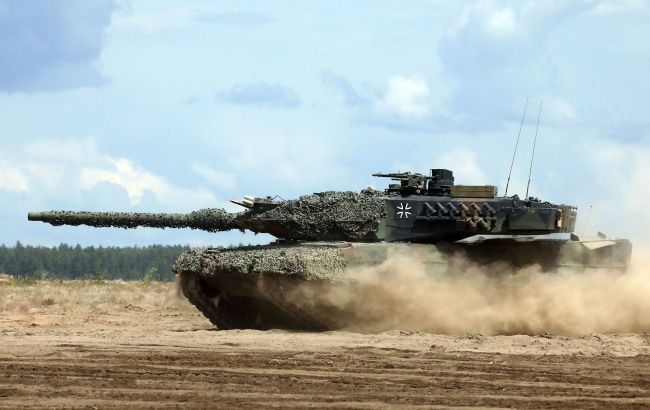Not just money: Solutions for EU's weapons production issue
 Photo: EU could increase arms production thanks to state programs (Getty Images)
Photo: EU could increase arms production thanks to state programs (Getty Images)
To develop the defense industry and increase weapon production, the EU needs multi-year defense budgets, stable orders, and support through state programs, Taras Yemchura, Head of the Defense Policy Sector at the BRDO Office for Effective Regulation, says in an interview with RBC-Ukraine.
The arms market is significantly different from any other. From the outside, it seems like an ordinary competitive market: many suppliers and many buying countries. However, at the micro-level, the situation is entirely different.
"A company that produces weapons usually has only one client – the government. Similarly, the government, for many product lines, has only one supplier, because it is more profitable to unify logistics, maintenance, and the lifecycle of capabilities under one platform for decades," Yemchura explained.
This makes the defense industry market unique, where cooperation between the state and industry is key. And this is why the greatest incentive for investments in defense is clear and long-term government policy.
"Multi-year defense budgets, stable orders, and support through government programs create the necessary foundation for development. For the private sector, additional motivations include tax benefits, public-private partnerships, and promoting exports," emphasized Yemchura.
The document from the four countries states that Russia has already begun building up its military forces and is producing three times more artillery shells than Europe and the US combined.
According to the document, the EU's requirements include at least 50 billion euros to increase artillery production and strategic stockpiles.

